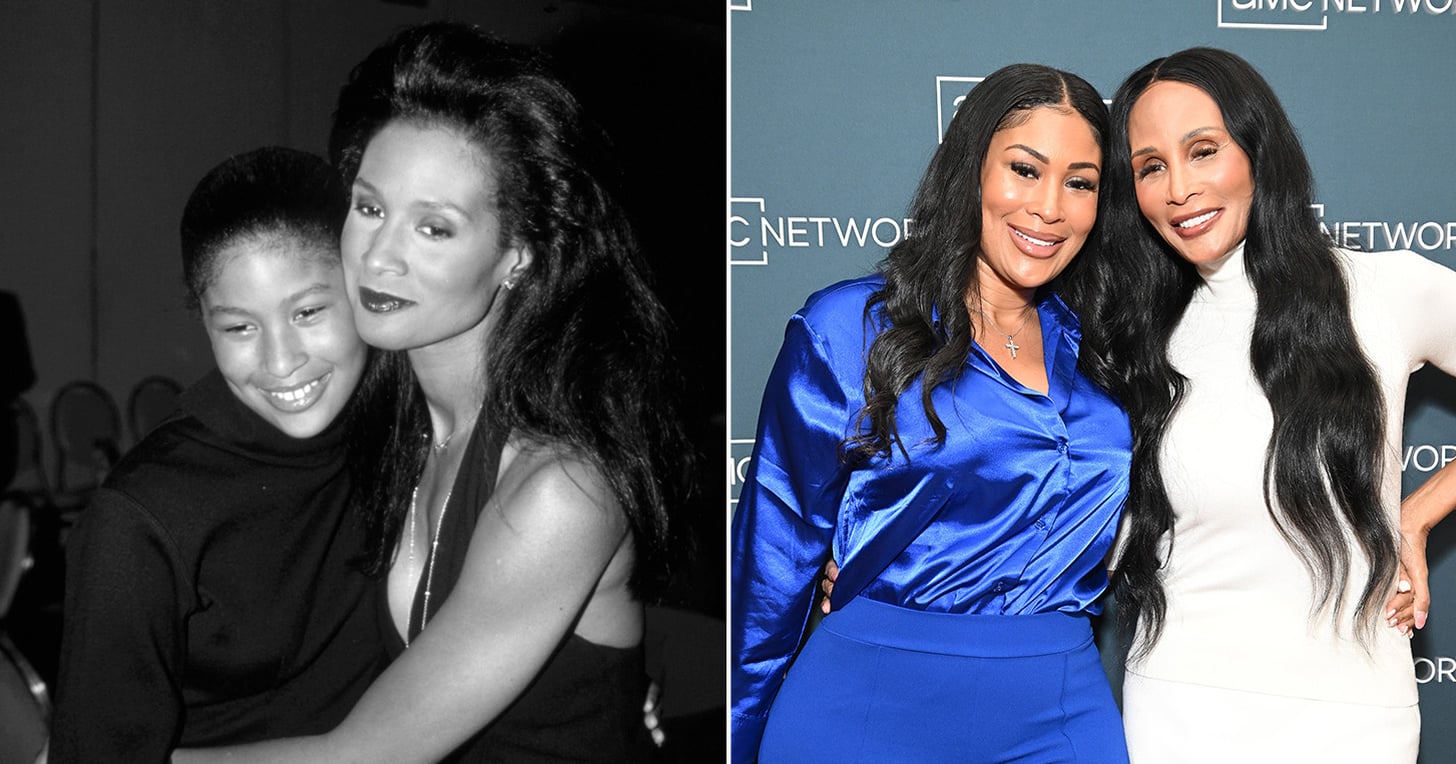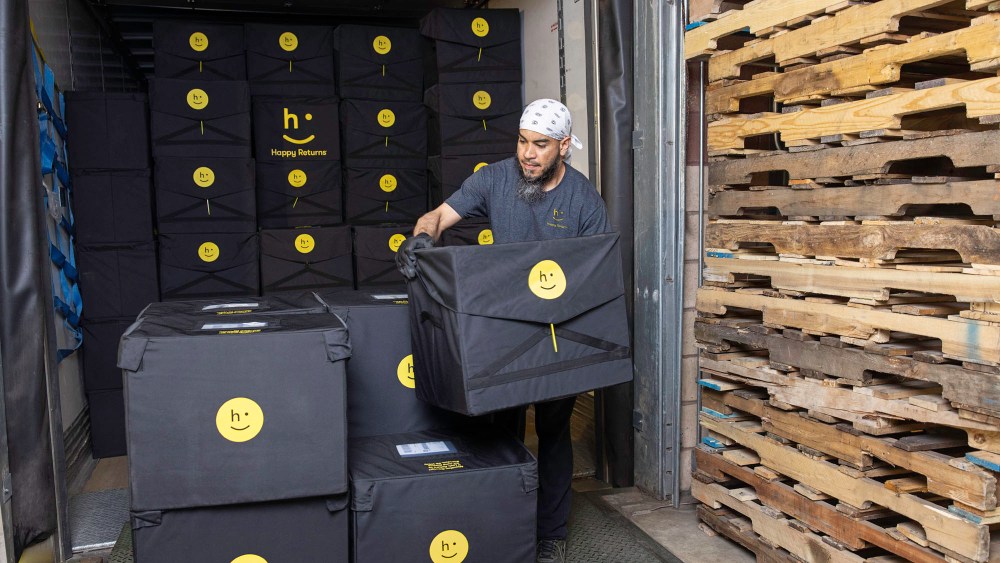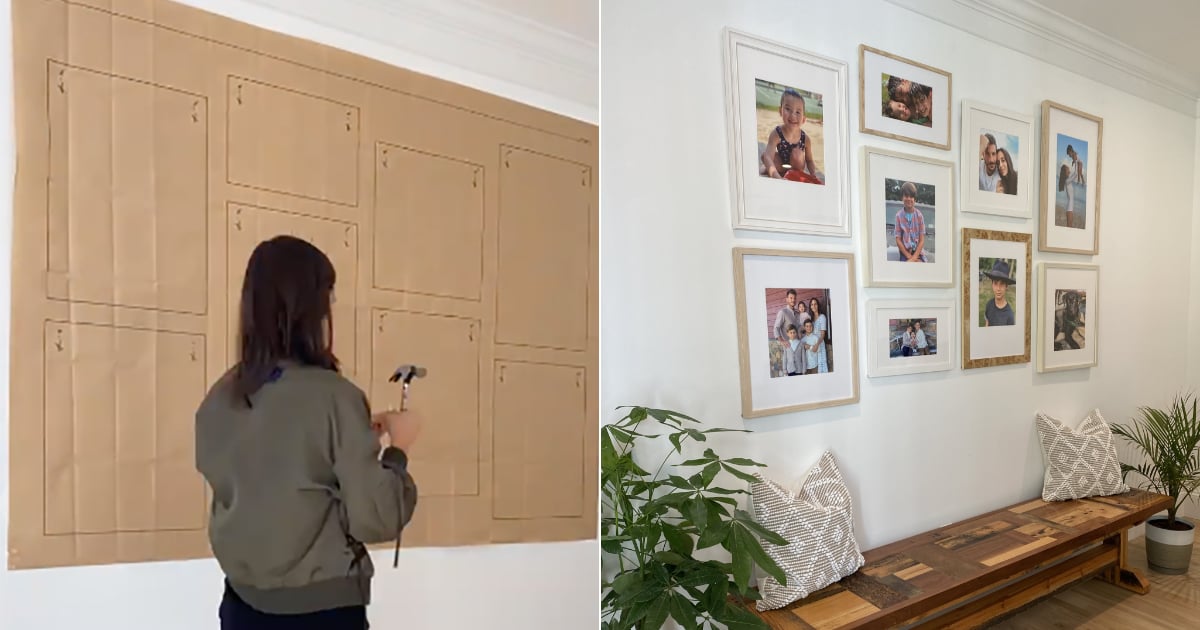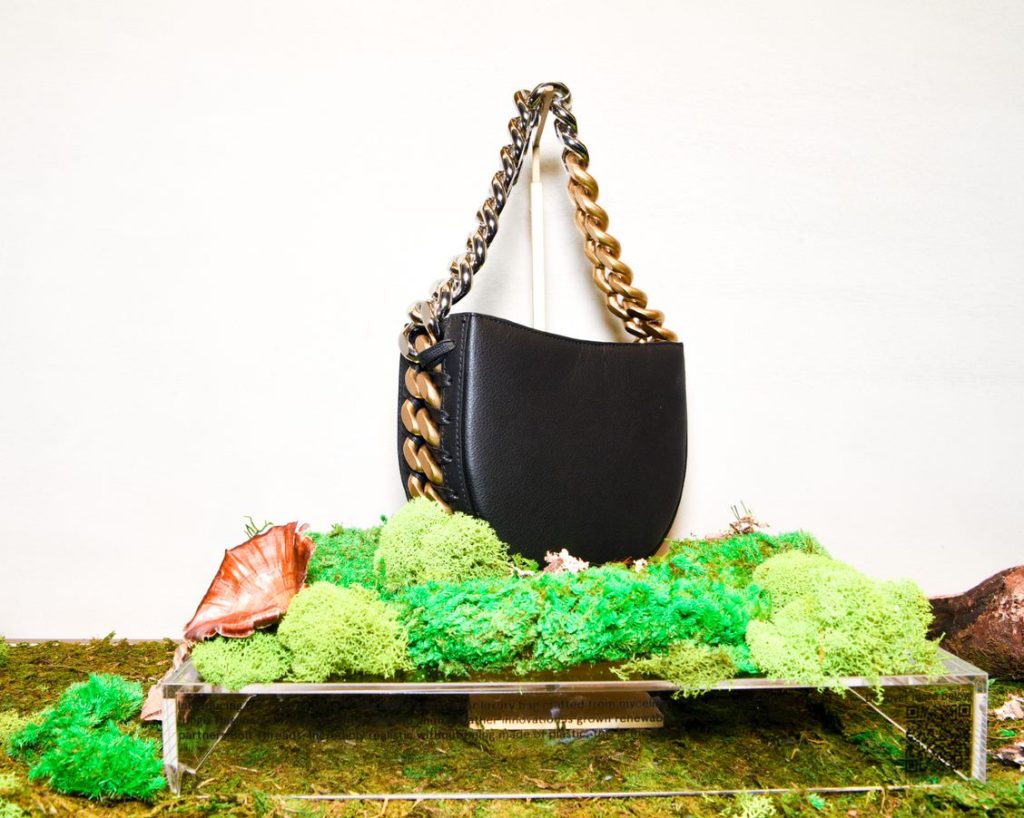When I hop on a Zoom interview with supermodel mother-daughter duo Beverly Johnson and Anansa Sims, I’m surprised that the two aren’t together. Instead, they’re both calling in from their iPhones, and Sims is helping her mom figure out the best lighting in her house. It’s a familiar scene: a daughter helping her mother figure out the latest tech. But this isn’t your typical mom or daughter.
Johnson is a modeling legend – she became the first Black model to appear on the cover of Vogue in 1974 – and Sims followed in her footsteps. And now, the duo’s relationship is on full display on the new WE tv reality series “The Barnes Bunch,” which follows Sims’s blended family with fiancé Matt Barnes (Johnson, of course, is often there to help out). “It’s a journey, being mothers and daughters,” Sims says. “But I love the journey. I love my mom, she’s my best friend.”
Despite the fact that the conversation took place via three tiny screens, it was candid, vulnerable, and full of wisdom. Keep reading for their favorite memories of Sims’s childhood, their best relationship and career advice, and more.
On What They’ve Taught Each Other About Modeling
Anansa Sims: I remember being taken on shoots and meeting a lot of the famous supermodels at the time. You’re a little kid and you see them in the magazines, so it was exciting to know that they actually knew my name and knew all about me and my mom was sharing stories. Christie Brinkley and Cheryl Tiegs and models like that who were huge, major supermodels. So it was always exciting for me to go to work with my mom.
Beverly Johnson: She took her first picture at three days old, and she’s been photographed ever since.
AS: One thing I learned from my mom about modeling is that you really have to be professional. Modeling seems like a fun career to get into, and it is at times, but you have to show up on time, ready to work, with the proper undergarments. My mom taught me a lot about just being a professional. There are a lot of beautiful women out there, but a lot of them don’t go on and become top models just because they’re not professional or because of their attitude. People hire people that they want to spend an eight-hour day with on a shoot.
BV: She’s saying all this verbatim from me! Very good.
AS: Yup. When I decided to step out there, I kind of had a leg up on a lot of things that my mom would teach me, and then I’d get applauded for my professionalism, and I’m like, oh yeah, this is working.
BV: One of the most significant moments for me was when Anansa came to me and said, “I’m not going to be a straight size model,” which means a size 0. And I was like, “Why? They’re just beginning to love you.” And she said, “I will never let anybody tell me how I should look ever again.” And I was like, “Wow. I haven’t gotten there yet.” So I have learned a lot from Anansa, and continue to learn a lot.
On Motherhood and Their Parenting Styles
AS: I’m more of a stay-at-home mom, my mom was more of a working mom, so it’s different in that sense. I did learn a lot of disciplinary things from my mom, and then I also try to talk and communicate with the kids, so that they’re open to telling me things. My mom and I have always had a good relationship in terms of talking about stuff, especially in my later teen years. And I really want that with my daughter, especially, and of course my sons, too.
BV: It’s so beautiful as a parent of one child and I get to sit back and watch my daughter become the mother, and watch my daughter get the same challenges that I got as a mother. It’s nice to see how she understands now what I was going through as a parent, because now she’s in those shoes.
Years ago, we did a photo with my mother, Anansa, and I, and Ava was a baby, so four generations. I look forward to every day stepping into my mom’s shoes in being a grandmother. If I could be the grandmother and great-grandmother my mom was, I would have achieved everything I want in life.
Their Best Relationship Advice
AS: I think the best thing my mom taught me is being open to communicate. The older you get, the more you see that communication really is key, and nothing gets solved with the silent treatment. Nothing gets solved with just being angry. Talking it out is important. So my mom tells me that a lot. If I’m upset, she’s like, “Cooler heads prevail.” And it’s true. Because some of the things you want to say when you’re upset are not going to lead to a solution. So I’ve been learning to give it a couple hours, and then be like, “Can we talk?” And then I’ll call my mom back and be like, “Okay, he apologized. It’s good now.”
“What I learned from my mom is just how to survive and evolve – as a woman, as a mother.”
BJ: I feel that people really don’t know themselves, and it’s important to try to know who you are and how you can better handle a situation. Silence is golden a lot of the time. I think we kind of get obsessed with the other person and what they’re doing. You kind of know more about the other person than you do about yourself. And I’m constantly on that journey myself, having recently gotten married. So I’m starting to go back on that journey of self-discovery and I’m doing some hypnosis and journaling and I see how that affects the relationship, because I’m coming from a different place. Sometimes you’re on a road, you forget, and you get into this routine and this dance. And in order to change the dance, you have to stop dancing.
On How to Handle Life’s Biggest Challenges
AS: For me, what I learned from my mom is just how to survive and evolve – as a woman, as a mother. There are hard times through relationships, through being a parent. I went through a divorce. There are so many things, and what my mom taught me is to just pick myself up, dust myself, and just keep going. And to put Anansa first, because the children will be okay as long as I’m okay. And that was huge, just for her to remind me of those things when I am down, when I do fall on hard times.
My mom is very strong, and I saw her be strong – I didn’t really know what that was as a child, but for her to teach me that, I now feel like I’m really strong. And I want that for my kids. Because life gets hard, and you don’t know what hand you’re going to be dealt. Hard is relative, but you’re going to need some skills in order to be able to persevere.
BJ: I do know the reason why you have challenges is because you’re trying to go to the next step and you have to go through these challenges to get there. And if you can keep that in mind that this challenge is there to strengthen me, to walk through the fire, whatever it is, because on the other side is where I want to be.




